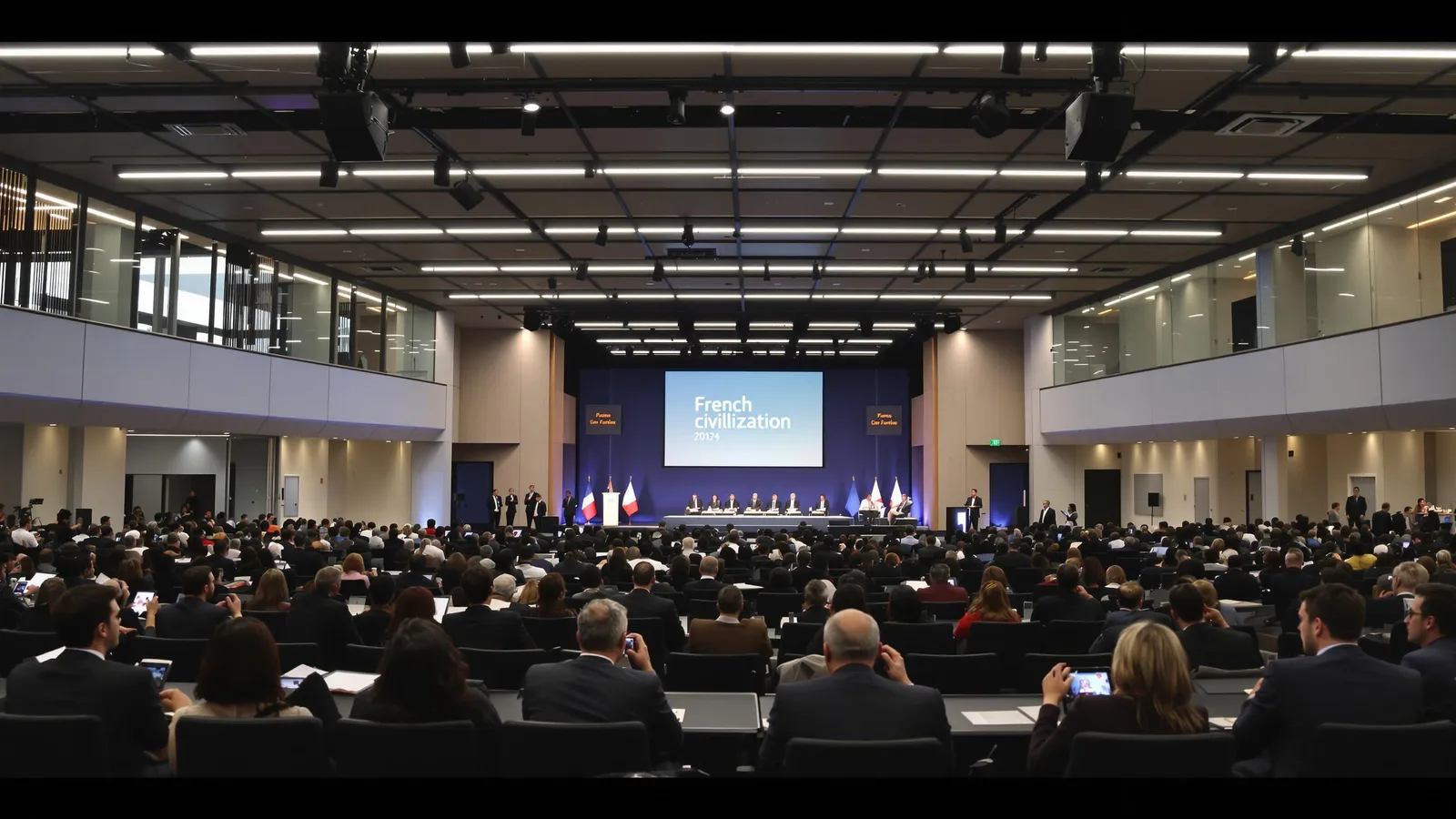French Cinema, an international cultural reference
French cinema features prominently in the creative landscape, distinguished by its diversity, rich heritage and profound impact on the international film industry. French cinema is not limited to simply film production, but also represents a form of artistic expression which has conquered hearts and captivated minds throughout the decades, while contributing to the dissemination of the French language. .
A rich history and renowned filmmakers
French cinema boasts of a rich cinematographic history that dates back to the dawn of cinema. Pioneers such as the Lumière brothers contributed to the emergence of this new art form at the turn of the 20th century; since then, French cinema has experienced periods of enormous popularity, innovative artistic movements such as the New Wave in the 1960s, and renowned directors such as Claude Chabrol, Marcel Pagnol, Audiard, François Truffaut and Jean-Luc Godard who indisputably left their mark the international cinematographic landscape. Some daring directors have even been able to successfully take on iconic American franchises, as Jean Pierre Jeunet demonstrated through his work on one of the films in the “Alien” saga.
Diversity of genres and themes
French cinema is distinguished by its diversity both in terms of genres and themes addressed. From sophisticated comedies to intense dramas, from experimental arthouse films to mainstream productions, the variety of French films offers something for everyone. This ability to explore a wide range of subjects, from social problems to philosophical dilemmas, contributes to the richness and vitality of French cinema. However, it is comedy that has undoubtedly contributed the most to the global popularity of French cinema, Louis de Funès still being one of the most famous actors internationally today. Gérard Depardieu is also one of the big names, while more recently Jean Dujardin has also won the hearts of film buffs across the Atlantic .
Government support and cinephilia
One of the reasons for the enduring success of French cinema is the government’s continued support for the film industry. Policies such as the National Center for Cinema and Animated Images (CNC) provide funding and tax incentives to directors, producers, and actors, enabling ambitious projects to be realized. Additionally, cinephilia in France is deeply rooted, with a network of independent cinemas, festivals and dedicated institutions that fuel the public’s love for French cinema. The Cannes Film Festival has long been an unmissable event for world cinema.
The influence of French cinema in the world
French cinema is not only loved nationally, but equally enjoyed around the world. Film festivals such as the Cannes Film Festival attract global attention, providing a platform for French and international filmmakers to showcase their works. The French language, often used in French cinema, contributes to the international distribution of films, highlighting the importance of linguistic diversity in the international cinematic landscape









